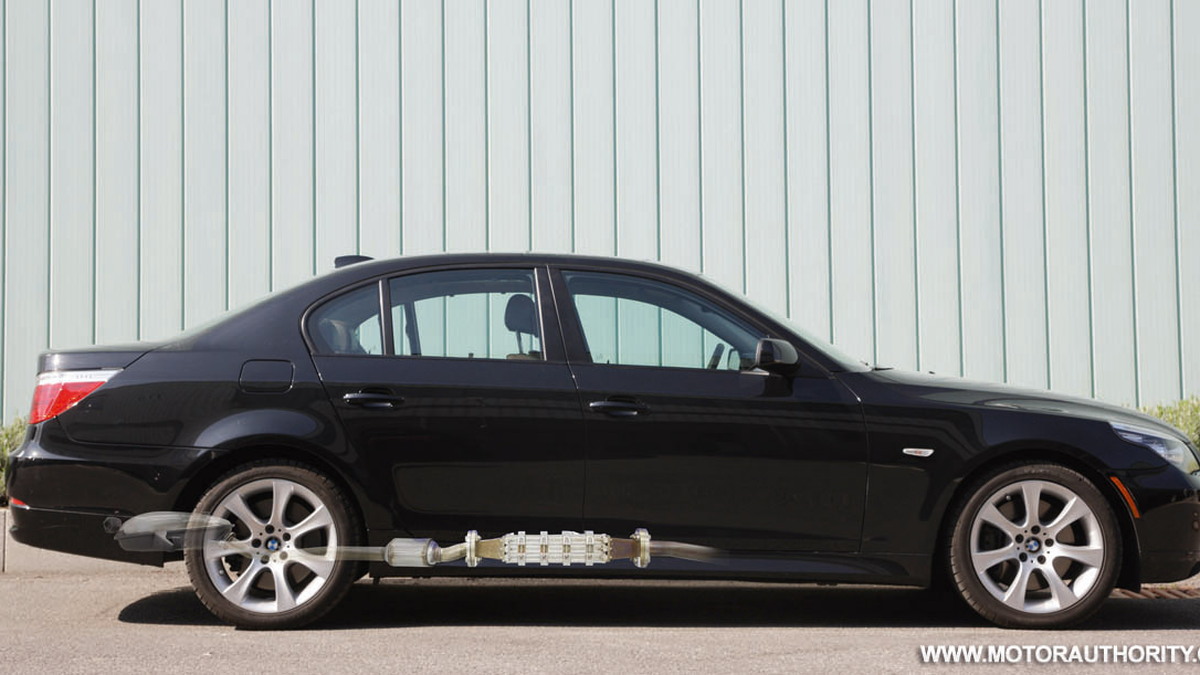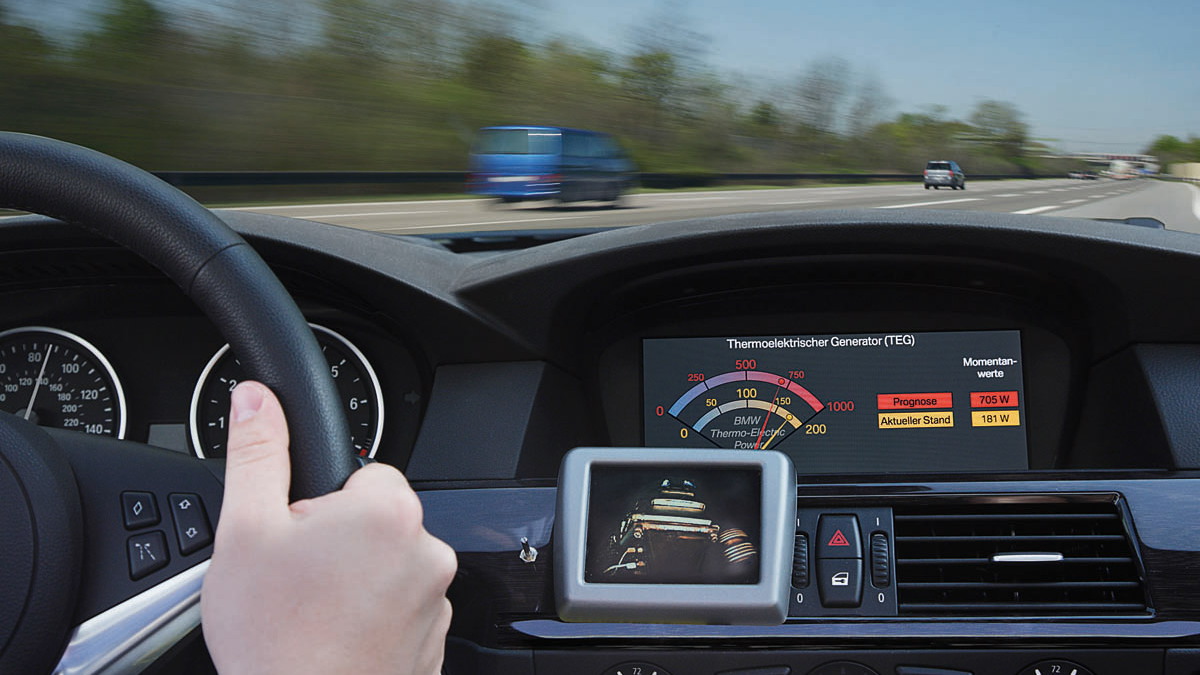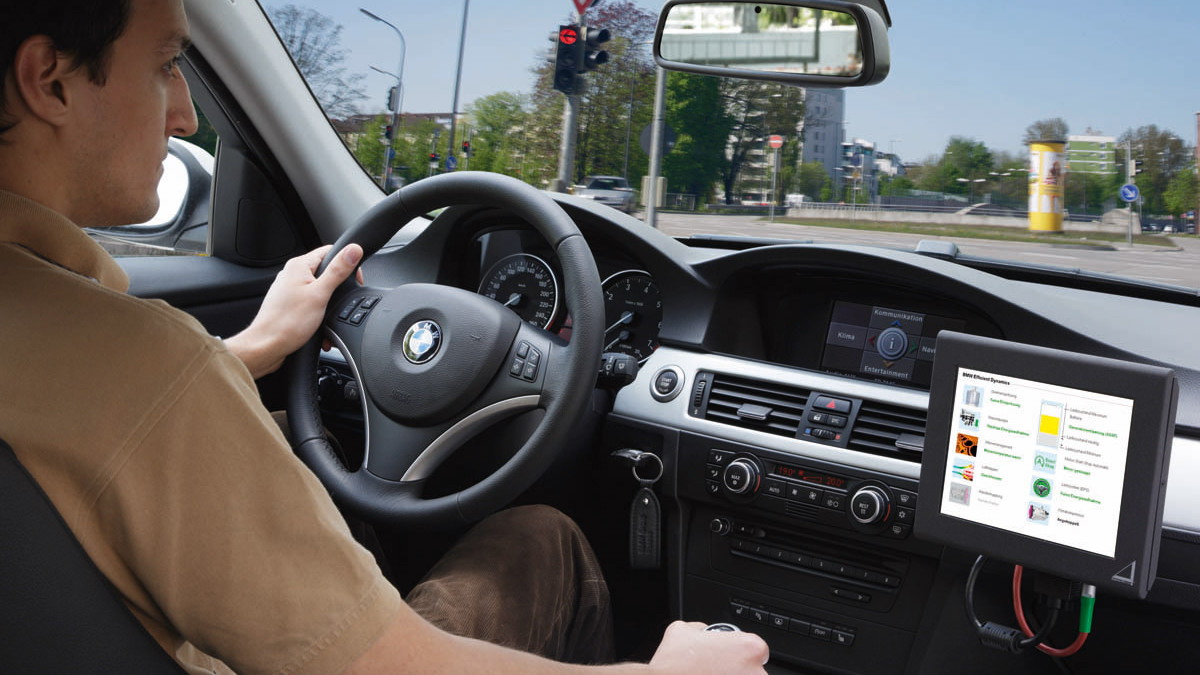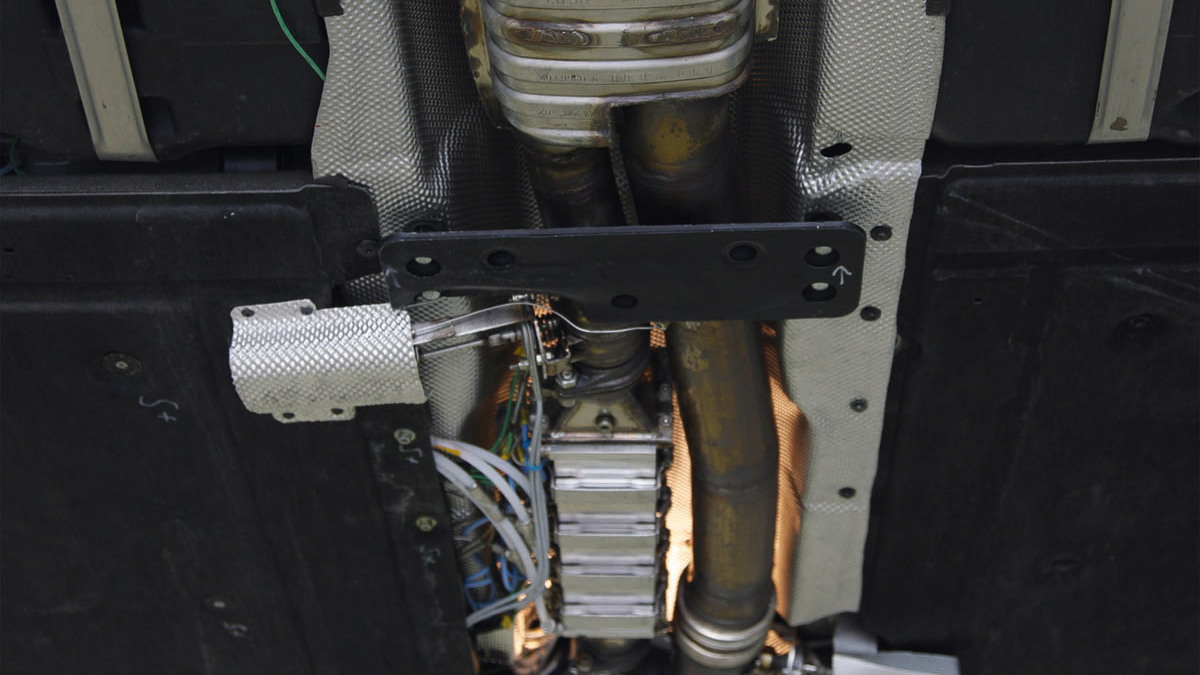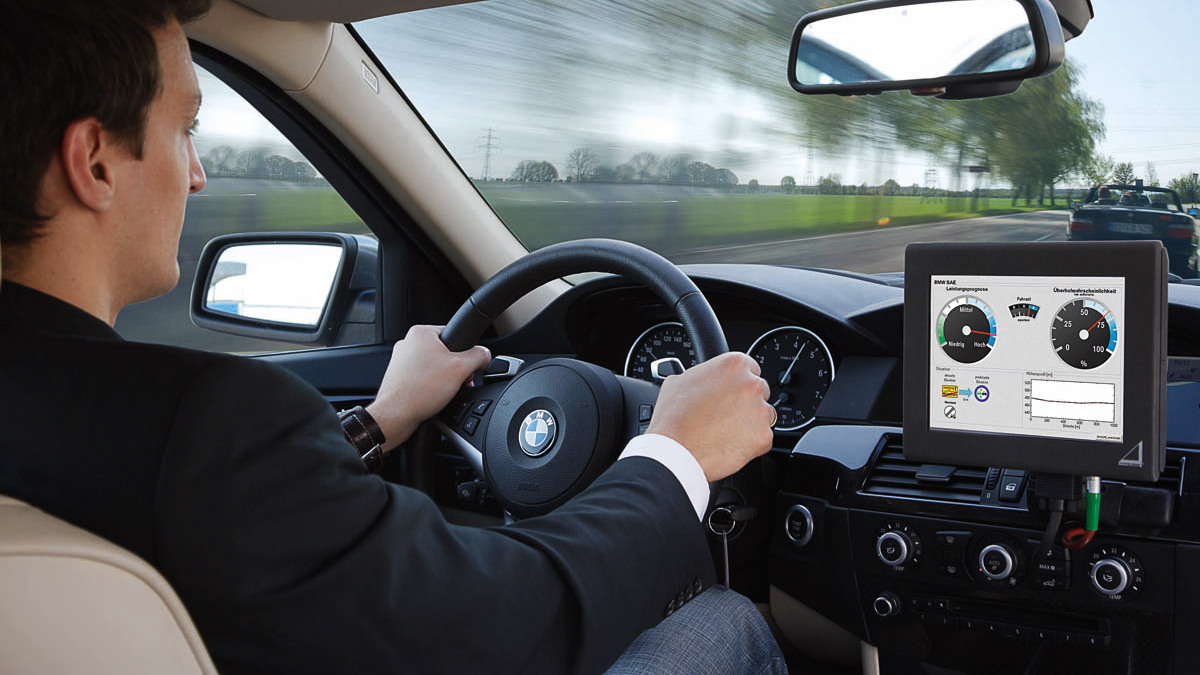In fact, BMW has found that reusing the otherwise wasted exhaust heat to power a thermoelectric generator could reduce fuel consumption by as much as 5%. The benefit comes from storing the electricity and using it to pre-heat the engine or power the air-conditioning systems. BMW is also working on employing solar panels on the roofs of its cars. Prototypes have achieved 200W output levels, enough to improve fuel efficiency by about 1%, and more advanced solar panel designs could easily improve on this figure.
The individual technologies are part of the overarching EfficientDynamics campaign to create more environmentally-aware cars while maintaining the driving dynamics. Speaking with CAR, BMW development boss Klaus Draeger said this second-generation of EfficientDynamics technology will be appearing in showrooms by 2014. Before then, we’ll start to see fuel-saving engine stop-start mechanisms available on BMW’s automatic models (currently it’s available on manuals only) as well as the introduction of a new ZF-sourced eight-speed automatic.
Other future technologies BMW is working on include regenerative braking, stop-start operation, variable frontal aerodynamics, electric power steering and a satellite-aided traffic management system that helps improve efficiency by anticipating when acceleration or braking will be necessary, and smoothing out the transitions between the two, resulting in better fuel economy. In Germany alone, BMW estimates that up to 12 billion liters (3.17 billion gallons) of fuel are wasted annually in traffic jams and other road hindrances.
BMW isn’t the only carmaker pushing the envelope when it comes to fuel-saving technologies. Honda's similar work on the Rankine Cycle, which uses exhaust gas to heat water, creating steam that spins a turbine to generate electricity, has found as much as 32kW can be generated by the method, though the weight penalty for the device reduces fuel efficiency benefits to 3.8% at a 100km/h (62mph) cruise in a 2.0L direct-injection petrol four-cylinder. Volkswagen, too, has announced that it’s working on a thermoelectric exhaust system similar to BMW’s one.
